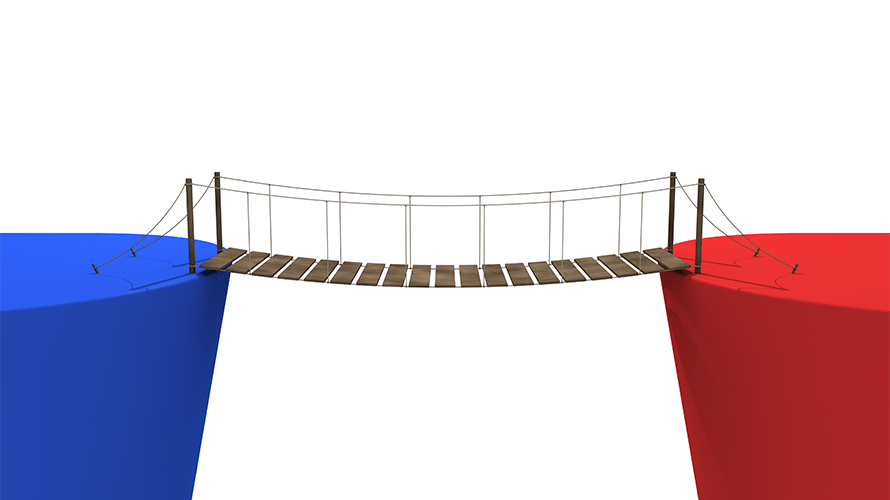Is Bipartisanship Still Possible?
March 19, 2021
“However [political parties] may now and then answer popular ends, they are likely, in the course of time and things, to become potent engines, by which cunning, ambitious, and unprincipled men will be enabled to subvert the power of the people and to usurp for themselves the reins of government, destroying afterwards the very engines which have lifted them to unjust dominion.” These were the wise words of President George Washington, during his farewell address in 1796. The beloved and often-described “father of the country” foreboded the near-fatal effect that the introduction of political parties would have on this country.
With its most recent approval rating of 25% according to a Gallup poll, Congress has a lot of work to do until they can convince the American people that they are a functional governing body. During these tumultuous times, one would think that helping the American people would be something that the Congress could agree on, but not even that could temporarily mend the deep gash left by factional politics. Congressional leaders held back aid and relief for the American people and businesses while millions went hungry, lost their jobs, lost their homes, and were infected by a brutal disease that has now led to the deaths of over 450,000 Americans. This partisan deadlock could not even be broken for what should be the most bipartisan topic — keeping Americans alive. President John Fitzgerald Kennedy once said, “Let every nation know, whether it wishes us well or ill, that we shall pay any price, bear any burden, meet any hardship, support any friend, or oppose any foe in order to assure the survival and the success of liberty.” The United States of America has failed to achieve that very task and can no longer guarantee that millions of her citizens will not be restricted to sleeping on a park bench with an empty stomach, or worse, with a ventilation tube down their throat while they suffer from a deadly disease that has killed millions worldwide in less than a year.
In order to gain more insight on how we, as Americans, can work together, I reached out to my favorite president, Johnnie Brooker ‘21. Johnnie is Prep’s current Student Council President, and he will serve in that position until he graduates later this year. I asked Johnnie a series of questions about how he felt our country could unite and how he believes we can create a sense of national unity in our country. Brooker said that “For us to unify as a country, it starts at the top… Bipartisanship has to be at the forefront of every conversation for our government.” Brooker believes “Our president has to have that keen focus on benefiting not just one base, but the entire country.” Arguably, that bipartisan quality has been a rare trait in modern presidential history. Brooker ended off the statement by saying, “For unification to transpire in this nation, it involves us. We as free citizens of this country live in a society where we make choices. If we have a mind that is committed to doing good will for all people and humankind, then unity is inevitable.”
Newly elected President Joseph R. Biden made a campaign promise to govern as an American president, rather than as a Democrat or Republican, which peaked the interest of many moderates in the country. However, the former vice president and senator has found it difficult to get bipartisan support for his big-ticket legislation, such as the new Coronavirus package, an incremental minimum wage increase, and cabinet nominations like the OMB nominee Neera Tanden. Only time will tell if President Biden chooses to use up all of his political capital in the early weeks of his presidency, and what impact that will have on how the American public views our nation’s 46th president.


